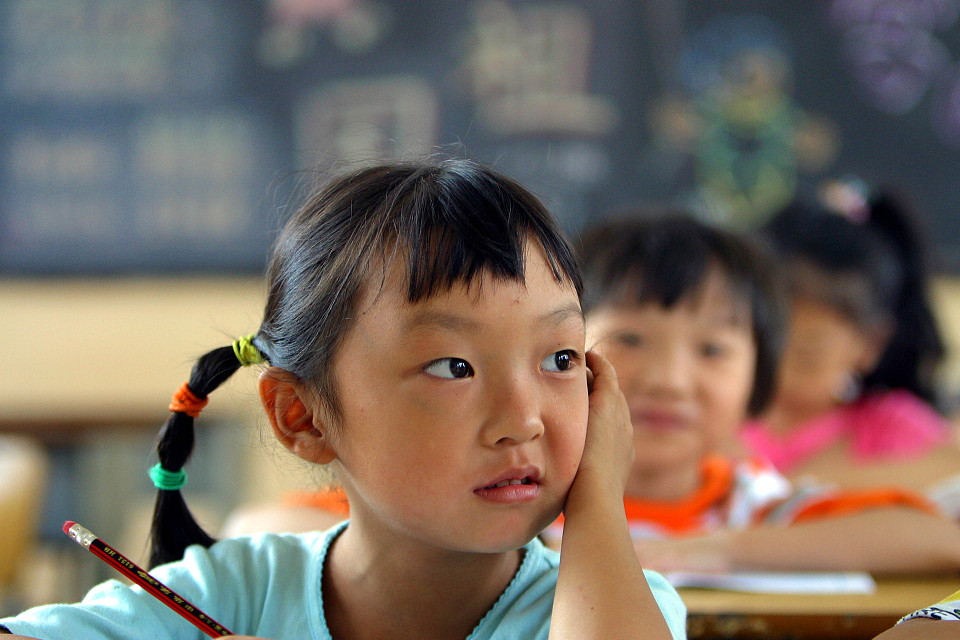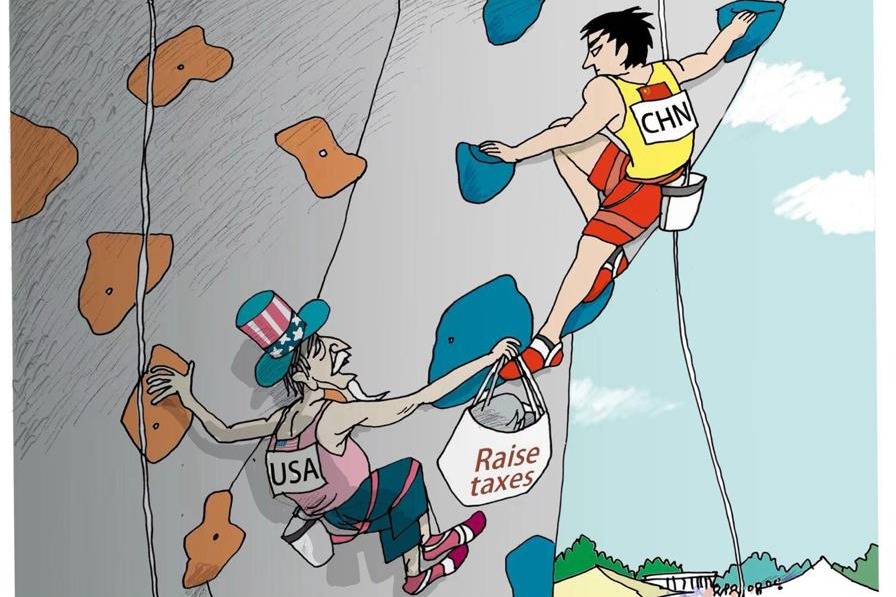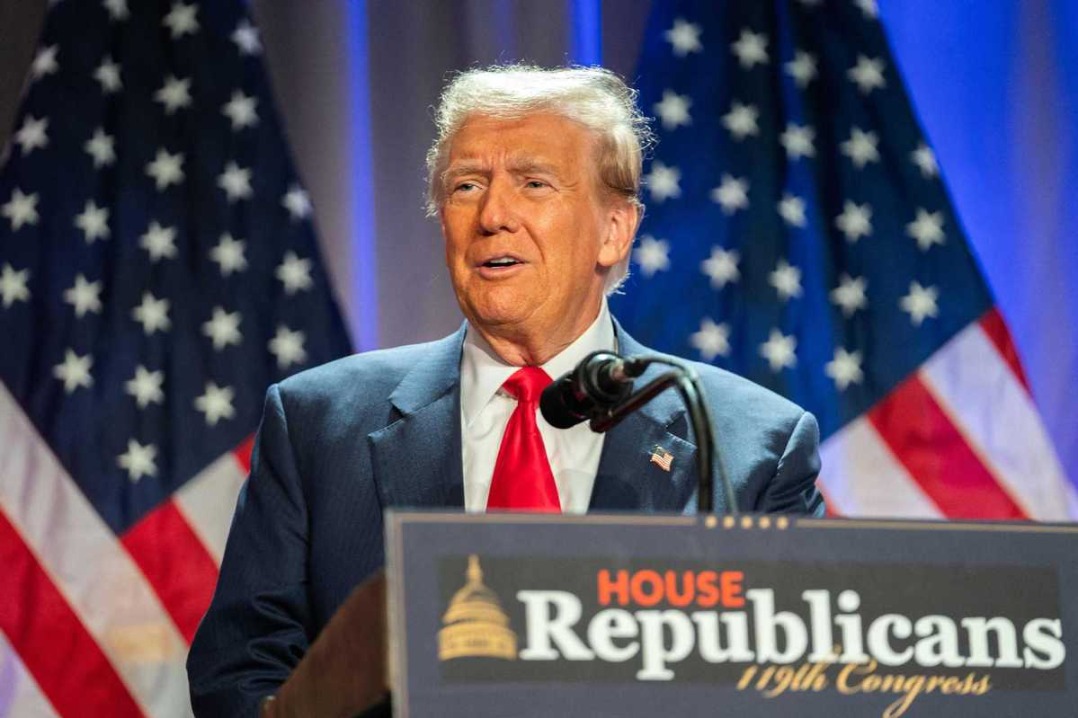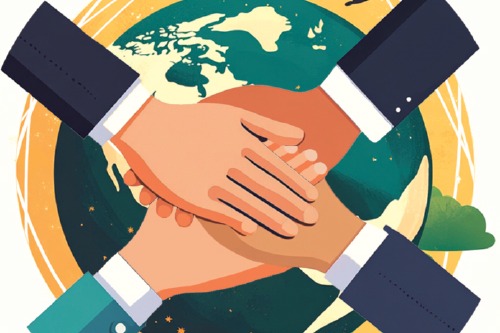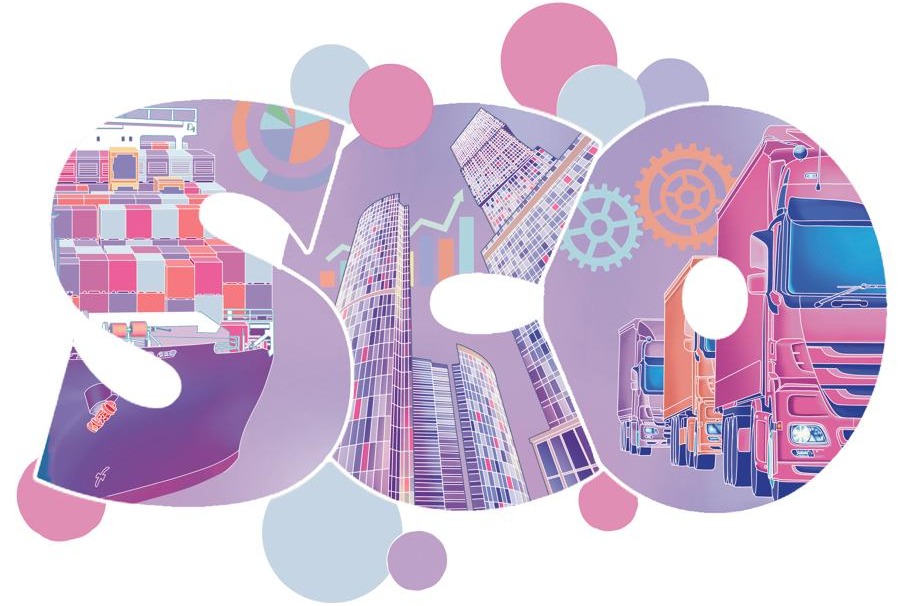Stimulus of rise of the rest
While the world faces significant challenges, there are also opportunities to build a common future and shared prosperity


Global development faces multiple crises. Since 2000, the world has witnessed crises that have massively affected developing and emerging economies, such as the 2008 financial crisis, the commodity price crash in the mid-2010s, the COVID-19 pandemic and the recent global economic recession. The world has also faced grave geopolitical conflicts such as the Ukraine crisis that resulted in significant energy and food security challenges, and the hostilities in the Middle East that have sparked Red Sea shipping bottlenecks that destabilized global value chains. The sluggish growth rate and volatility are the marks of the global economy. Low-income developing countries, including many African countries, have been hit the hardest and experienced deepened vulnerability.
The fracturing of global collaboration has only magnified the scale and depth of the crises. It has exacerbated the harm, slowed global recovery and worsened international inequality. The momentum toward achieving the global commitments of the United Nations 2030 Agenda for Sustainable Development and the Paris Agreement on Climate Change has been significantly hampered. This underscores the crucial need for international cooperation and the dire consequences of its absence.
On the optimistic side, we have observed the rise of the Global South, or the "Rise of the Rest", as coined by the eminent development economist Alice Amsden. It is not only a remote possibility but an irreversible reality. Chinese President Xi Jinping highlighted at the Beijing summit of the Forum on China-Africa Cooperation that "modernization is an inalienable right of all countries". He called for advancing modernization that is just and equitable, open and win-win. This modernization also embraces diversity and inclusivity, and is eco-friendly and underpinned by peace and security. The Global South, home to four-fifths of humanity and representing over 100 emerging and developing economies, is the propeller of the global economy, mainly by resurgent Asia. China alone accounts for over 30 percent of annual rate of global economic growth and has a share of 30 percent of global manufacturing, significantly impacting the world.
There is no better example than China that shows the brighter side. China has made a historic contribution to humanity by alleviating 800 million people from extreme poverty in the last four decades, accounting for a 70 percent reduction in global poverty. China has confirmed its commitment to opening-up and deepening reform, including opening its manufacturing sector to foreign companies and promoting cross-border trade and services. It has proposed new initiatives for world peace and development, and a dialogue of civilizations, and has called for a shared future. China has played an exemplary role in South-South relations, voicing the concerns of developing countries. The FOCAC Beijing Summit held in September 2024, the expanded BRICS mechanism and the Belt and Road Initiative are vivid examples of stimulating regional and global economies and building bridges across major regions.
At a time when economic recovery is pressing, many wealthy nations are withdrawing their commitment to economic globalization. Their rhetoric and actions contribute to the fragmentation of the global economy, entrenching trade barriers, and damaging not only their trading partners but also themselves. Some examples are the increasingly heightening US-China trade tensions and the many actions of the G7, which go against the principles of free trade that have fueled global growth.
Instead of being guided by competition principles, building resilient supply chains is tainted by "decoupling" and "de-risking" — particularly in high-tech industries — as well as groundless protectionism and strategic rivalry. It has now become fashionable to talk about "on-shoring", "reshoring", "nearshoring" and "friendshoring", which have proved to be complicated and unrealistic in an increasingly interconnected world. The high tariffs on imports of Chinese goods by the United States and the European Union on the grounds of "fair "competition or "overcapacity" are not justifiable and are contrary to international trade rules. This can only lead to a zero-sum game and "decoupling", and sanctions will likely lead to slower innovation. The world and every nation are better off when countries work together for a common good based on the principles of mutual benefit, win-win cooperation, and working for a shared future. No one is left behind by working for a common future and shared prosperity.
From developing countries' perspectives, China has emerged as the global green powerhouse by contributing game-changing amounts to renewable energy, sustainable mobility, electric vehicles and battery production, an exemplary achievement of green development in the historical record. This has resulted in a reduction of the costs of green solutions and made the global green transition a viable option. This has also made the Global South the uncontested leader in green development and the fight against climate change.
There are a number of critical priorities that can generate potential benefits for all. First, green development and environmental sustainability should gain traction and momentum by combining the capabilities developed and requirements. This could generate economic benefits for all and make the world safer and better.
Second, one of the significant challenges of accelerating economic transformation in developing and emerging economies is financing development. There are many critical strategies and instruments that should be introduced and developed at the national level. However, these actions are inadequate. It is urgent to address the debt burden of low-income developing economies. A sustainable solution would be to change the international financial architecture. However, this requires global collaboration and cannot be executed without reforming the global governance system. Alternative development financing should be expanded, and reforming the Bretton Woods system is essential to this solution.
Third, in an increasingly interconnected but volatile global economy, multilateralism instead of unilateralism, openness instead of protectionism, and a multipolar world order instead of a unipolar one should be the bedrock of our era to meet the common aspirations of all countries and to serve humanity.

The author is former senior minister and special adviser to the prime minister of Ethiopia, British Academy Global Professor of SOAS University of London and a distinguished professor at Fudan University. The author contributed this article to China Watch, a think tank powered by China Daily. The views don't necessarily reflect those of China Daily.
Contact the editor at editor@chinawatch.cn.






















